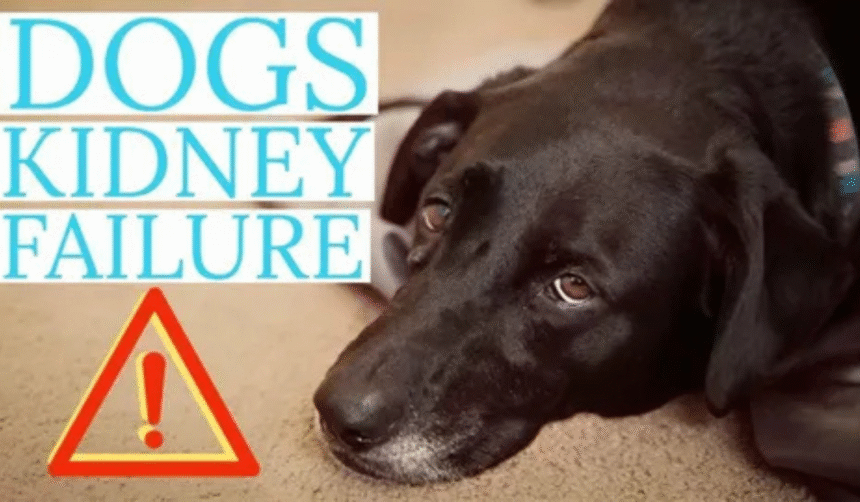Chronic kidney disease (CKD) in dogs can be managed for months or even years with the right care. But because it’s a progressive condition, it’s important to know when things may be taking a turn for the worse. Recognizing the signs early can help you adjust your dog’s treatment plan and prepare for more difficult decisions if needed.
Here are some common signs that your dog’s kidney disease may be advancing:
Increased Vomiting or Nausea
Mild nausea is common in dogs with CKD, but if vomiting becomes more frequent or your dog refuses to eat for more than a day, it could mean their kidneys are struggling to filter waste from the bloodstream.
Extreme Lethargy
If your dog seems unusually tired or uninterested in walks, food, or affection, it may be a sign of toxin buildup. A noticeable drop in energy is a red flag that their condition could be worsening.
Loss of Appetite and Weight
As kidney disease progresses, toxins affect your dog’s appetite and digestion. If they’re consistently eating less or losing weight quickly, it’s time to consult your vet.
Increased Thirst and Urination—Then Suddenly Less
At first, dogs with CKD drink and urinate more to flush out waste. But in later stages, you might see the opposite—less urine output or trouble urinating—which can signal kidney failure.
Bad Breath or Mouth Sores
An ammonia-like odor in the breath or sores in the mouth can mean uremia, a dangerous buildup of toxins in the blood due to kidney failure.
Trouble Standing or Walking
In advanced stages, kidney failure can lead to muscle weakness, tremors, or even disorientation. If your dog is having trouble moving or standing, they may be nearing end-stage disease.
When your dog’s symptoms can no longer be managed effectively, and their quality of life is clearly declining, you may begin to ask when to euthanize a dog with kidney failure. It’s an incredibly hard moment, but one that many pet owners face with compassion and care. Talking to your vet about your dog’s comfort, appetite, mobility, and emotional state can help guide the decision.
There are also helpful resources online to support you through this process. One I came across is Compassionate Care, a Portland company for end-of-life services for pets. In 2015, they opened their first aquamation center in Oregon City and were the first to offer 24/7 in-home euthanasia support in the region. And later expanded with a second location in downtown Portland. Their website offers practical guidance and emotional support for families preparing to say goodbye to a beloved pet.






